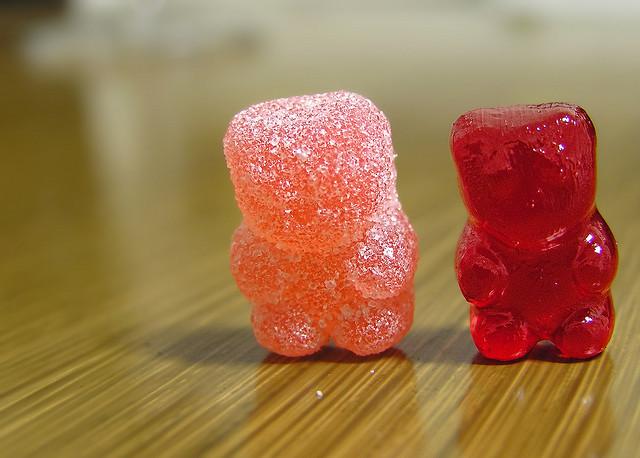
All change for Fiji. The Supremo is hanging up his uniform and becoming a civilian leader to give his New Order vision democratic credentials. For Canberra and Suva, this is the time to change the script as everyone prepares for elections. This series started by discussing the systemic struggle between Australia as the status quo power in the South Pacific and Fiji as the revisionist power.
My previous column discussed the sweet and the sour of the diplomatic goodies Australia is deploying as it pursues normalisation. Now I’ll turn to the range of mutually beneficial goodies on offer.
First up is a public service ‘twinning’ arrangement so that Fijian officials can work in Canberra and Australians in Suva. This is a major break from a long history of distrust and argy bargy. In her Suva visit, Australia’s Foreign Minister, Julie Bishop, was upbeat about how quickly the ‘twinning’ idea could be made to happen:
I believe that we will see more Australian engagement in Fiji. We have offered to send our public servants over here in areas such as the Treasury, Finance, Foreign Affairs—that was well received. Likewise, we’ve invited representatives of the Fijian public service to Australia in various areas and that seemed to be well received. So the steps will hopefully transform into reality over the weeks ahead.
The struggle between Australia and Fiji over the regional system will have to be calmed before Australian public servants are launched into Fiji’s bureaucracy. And it’ll be a strange look if Oz public servants head to Suva to start ‘twinning’ ahead of Australia’s High Commissioner to Fiji, Margaret Twoomey. After all, she has been waiting to be admitted to Fiji since her appointment was announced in 2012.
Also on the agenda is defence cooperation, which was suspended after the 2006 coup. The resumption of defence contacts involves myriad steps, such as the exchange of defence attaches, officer training and the entry of Fiji’s Defence Minister to the annual South Pacific Defence Minister’s Meeting, which started last year. The eventual return to joint training will be helped by the fact that a certain Fijian Commodore will no longer be in uniform. As Anthony Bergin wrote last week, restoring defence cooperation means Australia can support Fiji’s UN peacekeeping efforts and explore wider national security cooperation in maritime affairs, disaster resilience, law enforcement and cyber security. The ‘twinning’ model opens new avenues.
Fiji will also be invited to be part of Australia’s Pacific Maritime Security Program. Fiji has a standing defence pledge that it will be readmitted to the Pacific Patrol Boat program ‘upon a return to democracy’. Suva got that nod in the Australian Defence White Paper last year, which promised to replace the existing Pacific Patrol Boats as they come to the end of their service from 2018 to 2028. The three boats Australia gave Fiji are due to reach their end of service life in 2024-25, so the replacement counts as a long term promise. (See the paper by Anthony Bergin and Sam Bateman on the Pacific Patrol Boat program here.)
Other avenues of increased cooperation include:
- Australia’s seasonal workers’ program, bringing Islanders to Australia for seasonal jobs, could be extended to Fijians
- Fiji could be a target in 2015 for the New Colombo Plan, to send Australia’s ‘best and brightest young people’ to study in the Asia Pacific
- Re-establishing the Australia-Fiji Government Industry Working Group, which last met before the 2006 coup, to generate more trade and investment. In Suva, Bishop said Australia would look at Fiji’s concerns about the working of their double taxation agreement.
The normalisation involved in Australia’s bilateral goodies feeds through to a set of multilateral gifts/rewards, such as the end to Fiji’s suspension (since 2009, after Bainimarama’s failure to deliver promised elections) from the Pacific Islands Forum and the Commonwealth.
The Forum Ministerial Contact Group, concluding its visit to Suva on February 15, announced that the door would soon be open for Fiji to participate in PACER Plus negotiations (the free trade talks between Australia, New Zealand and the Islands) and also to attend Forum Trade Ministers’ Meetings at ministerial level.
In laying out the goodies, Australia is seeking normalisation ahead of the election. And Canberra’s effectively offering Fiji a promotion in the hierarchy of Australia’s regional interests—even if Bainimarama’s New Order can cement its hold in the election. My next column will consider how Australia’s past actions demoted Fiji from the second to the fourth level of its regional hierarchy and what changes to that order would mean.
Graeme Dobell is the ASPI journalism fellow. Image courtesy of Flickr user libraryman.